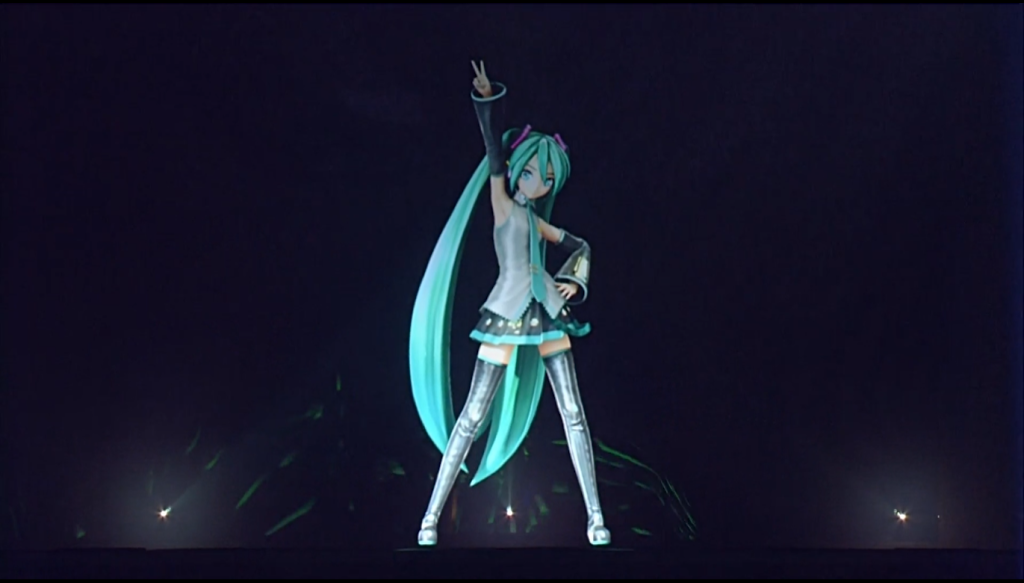Posted on May 27, 2023
Otaku Appeal is a Brand Advantage

In the coming years, brands that appeal to otaku will have a significant advantage over ones that don’t. This will not be limited to Japan. It will be worldwide, but especially in the United States.
We’ve already seen this happen.
Miku Hatsune is not Vocaloid. She is not the mascot character for Vocaloid, wasn’t part of the first version of the software, and technically isn’t even a Vocaloid anymore. Miku is part of a series of characters created by Crypton Future Media for Yamaha’s Vocaloid software. While the first version initially struggled in sales, Vocaloid 2, which introduced Miku, exploded in popularity.
It was a better product to be sure, but the introduction of a character that fans fell in love with created an explosion in amateur musicians buying, using, and promoting the software.
In turn, Yamaha, Crypton, and the Vocaloid brand supported the fanbase that had grown around their products. And as Crypton took their characters from the Vocaloid software into their own Piapro Studio software, Miku’s fanbase followed.
What brought Yamaha and Crypton success and catapulted Miku and other characters to stratospheric heights was otaku appeal. That is to say, they tailored their product and their marketing to appeal to superfans.
People became obsessed with Miku, to various levels. Miku sold software for Yamaha and Crypton, but Crypton also licensed her out for products like figures and other merchandise. Sega even purchased her videogame rights to produce a series of rhythm games using music made by fans and professionals using Vocaloid.
What happened was that Crypton created characters with otaku appeal. They supported the fans who supported their products and characters. Their fans, in turn, promoted their brand for them, raising its popularity. Eventually, Crypton could license their character designs out for other companies to pay for the privilege of selling merchandise of Miku and their other characters.
This is what otaku appeal is capable of: It takes branding and marketing to a level where the marketing itself becomes a product that can be sold.
This is exactly how anime works in Japan. Companies will make an anime based on a novel as marketing for the novel, but also as a product and a springboard for more merchandise. The novel’s publisher sells extra books as a result. In addition, however, they and the other companies invested in the anime make money from the anime as a product, the merchandise, the soundtrack, and whatever else they can come up with.
This isn’t without its difficulties, however. Otaku are not fair weather fans and they don’t like fair weather brands. They appreciate authenticity and loyalty. They’re abundantly willing to show love for the properties they latch onto, but only if those properties treat them with respect in turn.
It’s about understanding the culture and catering to it in a genuine way. Otaku appeal is not achieved without commitment. Nor can you just label something “anime” and hope to capture the same audience. Otaku appeal is something that’s felt by the audience. More than just creating a cute anime girl character for marketing, it has to have life, feeling, and purpose.
When done right, however, brands with otaku appeal enjoy two rare advantages.
First, their customers become devoted fans. When Crypton moved their characters to Piapro Studio, Miku’s fans followed. They weren’t attached to the Vocaloid software. They were attached to Miku and would go wherever she went.
Second, they’re able to sell their own marketing. What is, for other businesses, nothing more than an expense with the promise of increased revenue, becomes a revenue stream in and of itself.
A combination of hardcore fans and a body of material for those fans to indulge in is the reward for brands who successfully achieve otaku appeal.
It’s somewhat of a leap of faith, but the reward can elevate a brand head and shoulders above its contemporaries and cement its spot in the marketplace for a long time.








